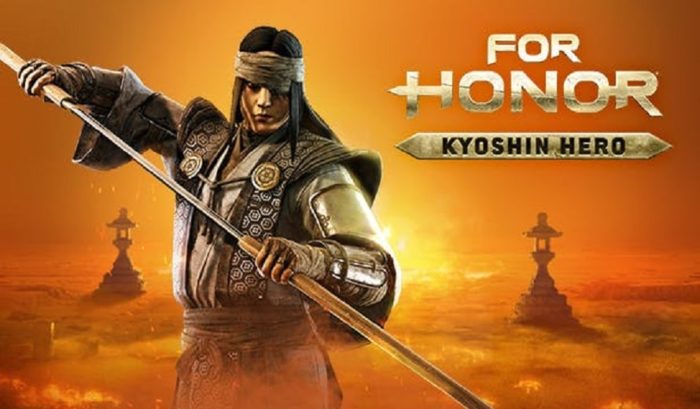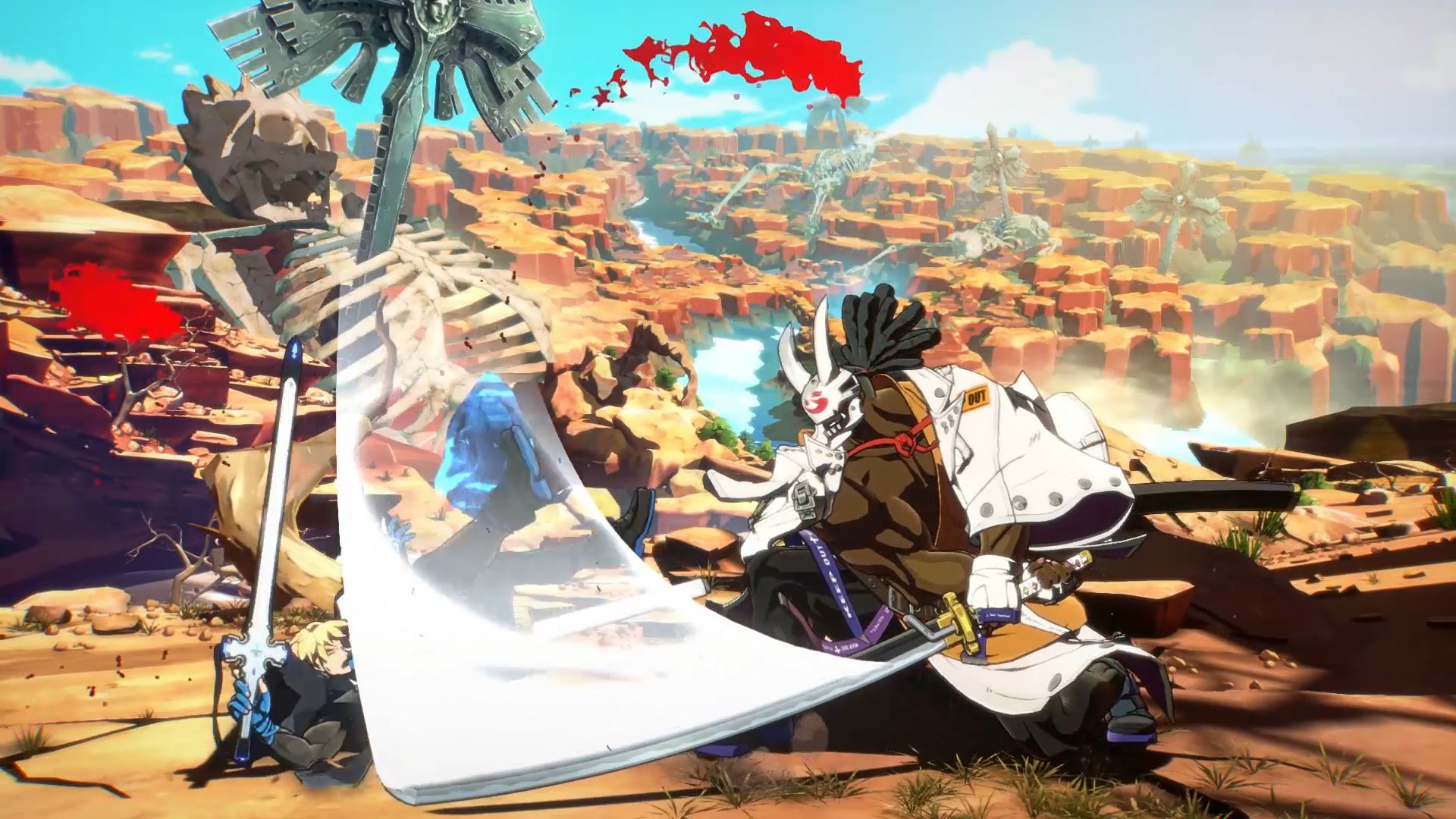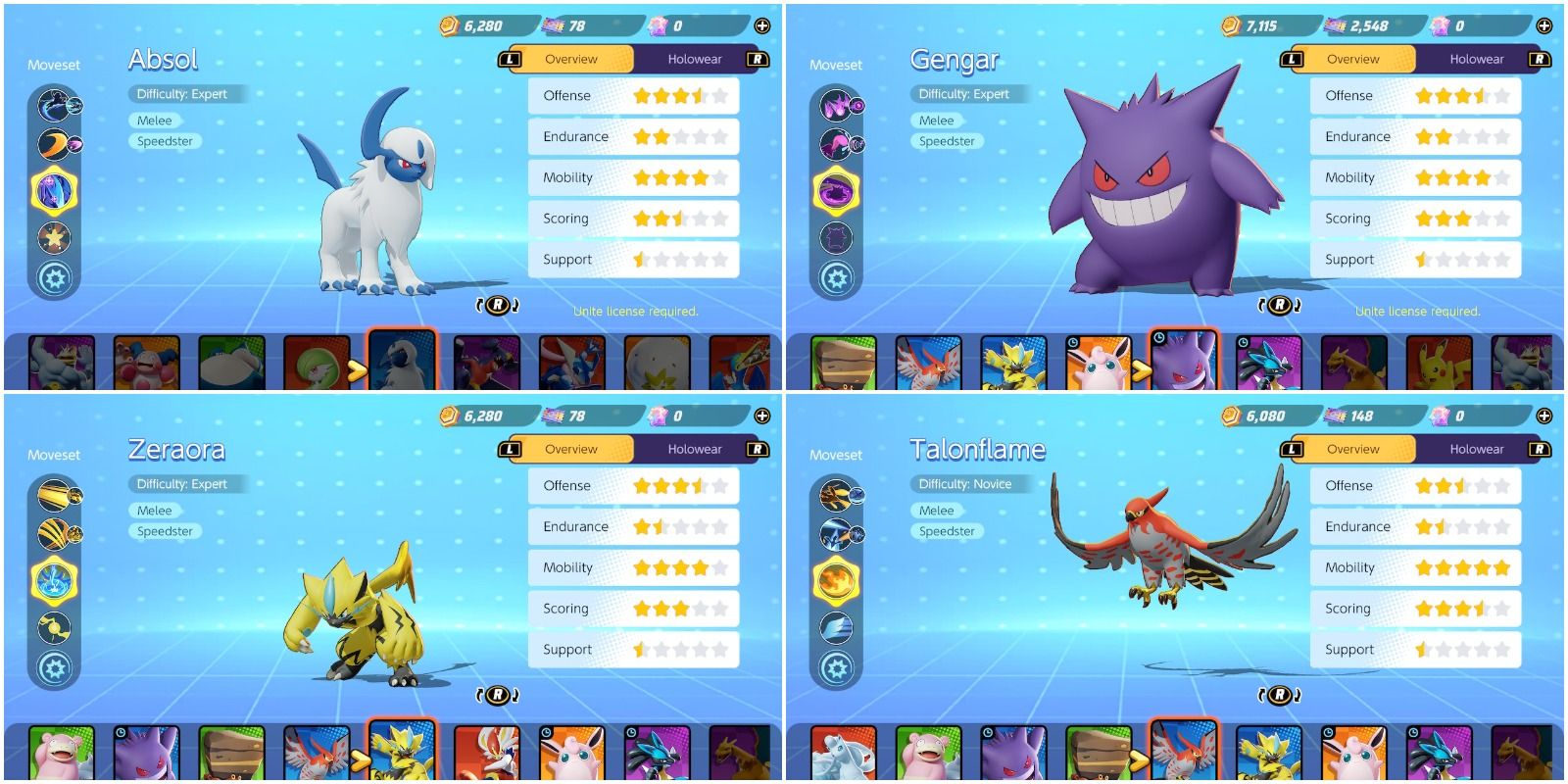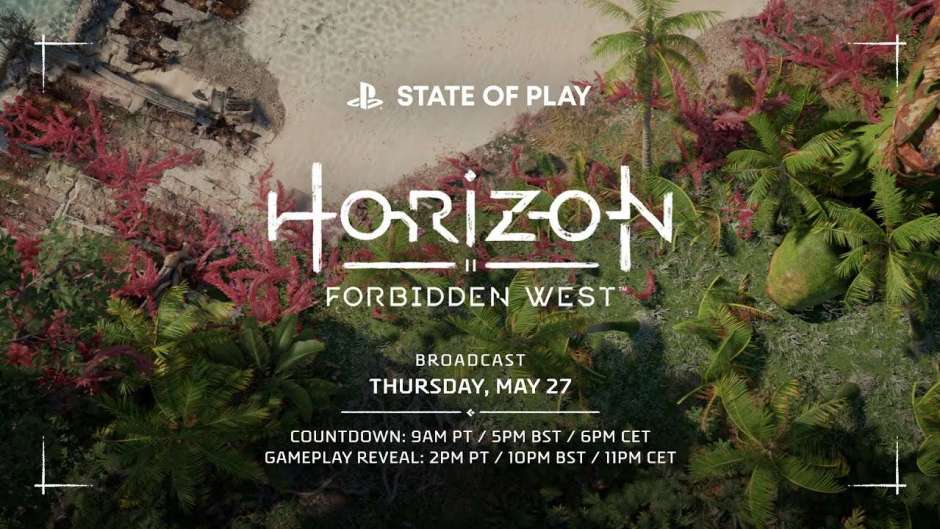
"You can give EVE players a shovel and expect them to maybe dig a hole," Peter Farrell, community developer at CCP Games tells me. "And instead they'll take that shovel apart and make a hammock out of it."
The world of EVE Online is a complex place. Farrell started playing EVE back in 2004, but the layers of complexity around the geography, economy, and trading systems put them off altogether, before they later returned with a new character and ended up getting hired to the community dev team. Right now, EVE Online is at the height of a war that has been building for years – and players are making hammocks out of shovels to cope with it. "This war has been on a scale that you really haven't seen before," Farrell says. "All of the groups involved had been building up for something, but they didn't quite know what was coming. So they would spend eight years building up their personal war coffers. These EVE groups, they're pretty shrewd. They know it's important in order to keep the fleets going. As [players’] ships explode, they need to put them in a new ship. A lot of times the alliances [the side each player fights for in the war] will foot the bill, or at least subsidise part of the bill. And earlier this year, there was an incredibly bloody fight. There's actually been a series of very bloody fights. But the first one that kind of raised alarms for these groups happened in a system in the southwest part of the map – the bill at the end of it [destroyed] the entire month of peak earning in one fight. And so these groups were like 'Crap, we've got a war chest, but if these types of fights are what we're going to be experiencing, this isn't enough'. Since these two groups are at war, they have no time to earn money either, because there are no safe areas to get those things. So the players did something brand new and really ingenious. They issued wartime bonds."
Related: EVE Online Had A Fully Functional Bank In 2009 Before Its CEO Robbed 200 Billion From It
War bonds are essentially fancy I.O.U.s. They have been used in real life, with the US raising $21.5 billion dollars for its war efforts in World War One via 'Liberty Bonds'. After the attack on Pearl Harbour in World War Two, the US issued these bonds again, renaming them as 'war bonds', as they are known today. In EVE Online, it meant those in charge of the alliances reached out to the richest (in-game) members of their army and asked for increased investment in the war fund, with the agreement that the debt would be repaid in due course during peacetime. "No one has ever really done this before," Farrell says. "But these guys figured out a way to make it work. [They] designed the document where there is some level of trust involved, because these guys could easily just say, 'Screw you, we're keeping the money', but that'd be killing the golden goose. That would be betraying everything they stood for. They found this perfect harmony of trust because they're in it together."

The first wave of war bonds sold out within 36 hours, and while one side initially mocked the other for having to rely on them, they soon became universal on all sides of the conflict as the war continued to rage on. Most games don't have a financial system complex enough to support a war bond economy, but when it comes to financial structures, EVE Online is certainly not most games. "If a financial analyst were to look at EVE's market and see some of the stuff that's going on, they would probably blush and be like, 'Oh, my god," Farrell laughs. "Luckily, there's no insider advantage. The speculation comes in whenever we at CCP put out a big change to how something's going to work. And that's what we did late last year – it's a multi-phase process, so it's still going on now. We put out a dev blog to notify the players about how some ships would be constructed, how the resources would be traded, [and how they would be] changing.
"When I say this is a comprehensive update, it came with its own 12-sheet Excel document. This is something that people couldn't just instantly look at and know what the answer is. It's going to take months for players to figure out where the lines are, but they're also different groups of players. So if you're new to EVE, you'll look at this dev blog and you'll say, 'How does this affect me? How does this affect my bottom line?'. A little bit more advanced than that, the players will look at this dev blog and say, 'Okay, well, this might not affect me. But what are the knockon effects that are going to affect me down the line that I have to prepare for?'. Then you have the third type of player who is generally playing EVE a little bit longer. They don't really care about [the update], that's a bit of an afterthought. They know what's coming anyway. They look at this dev blog, and the first thing they think of is, 'How can I profit from this?' It's a race to understand and make sense of this very complicated document to see where there are going to be areas where they can speculate."

With such a layered fiduciary system, there are bound to be loopholes – and under the chaos of warfare, one clever fox was able to exploit them perfectly. This race to understand did not last long – in fact, "within five minutes," the most hardcore players figured out that a certain type of ship was going to skyrocket in value, so they bought up every single one they could find. One player missed out, but he had something special up his sleeve. "There is a player who took a little bit longer to figure this out," Farrell says. "He could have been on a call for work, or he could have just gone through the sheet a little bit longer. So he went to the trade hubs, and all the ships were gone. So he went to the side markets, and all the ships were gone. But then the cogs started turning in his head, he was like, 'The guys I'm fighting in this big war, they use these ships all the time. They've got to have a cache of it somewhere on their little private markets'.
"So what he ended up doing is he created a new account, and he masqueraded as just a new player who was interested in the war. And he wanted to join the people that he was fighting. So he went into a nuclear organisation there. He said all the right things, he got all the buzzwords, everything they wanted to hear. And these guys are no spring chickens either. [They were] like, 'Okay, this guy, this guy is a little bit too perfect. So we're gonna let him in, and we're gonna feel him out. And while he is in here, we're not going to give him access to any of our infrastructure, he can't do any damage'. And on a normal day, they would be absolutely right. But this was a special patch day. So they didn't give this guy any access to anything, he couldn't screw up anything. But he could see their markets, their internal private markets. And he saw that there are a bunch of these ships still on their internal markets. So he funnelled himself, from his main account to this new spy account, all this money. He bought all of their stockpiles, which I think were between 20 and 30 ships. It wasn't a huge amount, but it's more than anyone else could get. Immediately that sent off a red flag, but the damage was done, because he made all those purchases in like 30 or 40 seconds. In that small window, he had capitalised on it, and took all of these ships. He couldn't really access them, but he could keep [the other side] from having them too. One day in the future, he'll get access to those ships, and he'll be able to make his profit there. So he did this like double whammy, where he was able to find this area where he could do the market speculation, and he could also damage his enemy with a really well thought out spy [operation] at the time. You can't prepare for that if players are so creative. And this isn't something that happened after weeks of thinking, this was in the first hour. So the fact that these guys were able to come up with a plan like this, it's completely unpredictable, and completely hilarious."
Next: Interview: Mojo Swoptops, The Person Who Put Greggs In Far Cry 5



